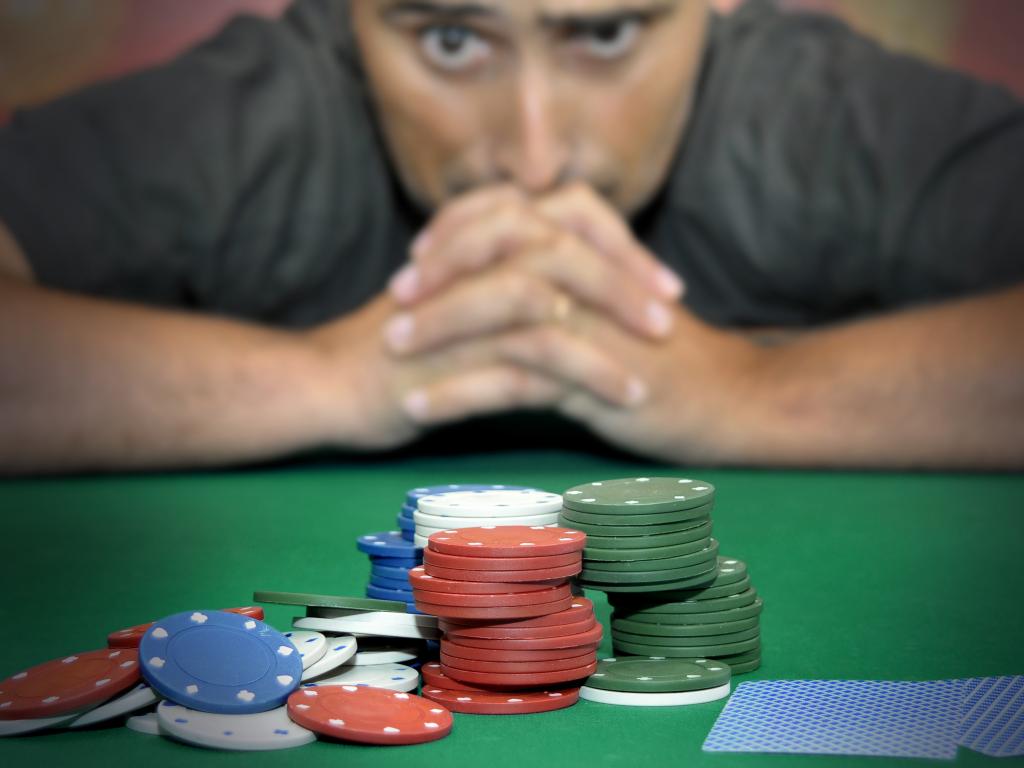What Happens When There Are Fewer Suckers at the Poker Table
by Ben Carlson, A Wealth of Common Sense
The Wall Street Journal reported this week that Seminole Capital Management, a hedge fund with an enviable long-term track record, would be returning $400 million of its $3 billion under management back to outside investors. Here were some of the reasons given:
In an unusually frank letter to investors reviewed by The Wall Street Journal, Michael Messner and Paul Shiverick laid out a laundry list of woes that included the incursion of high-frequency traders, the rise of passive investments like exchange-traded funds and the U.S. Federal Reserve’s low interest-rate policy.
“In short, the game has changed,” they said. “We are not confident our model can maintain historical-like returns in the future,” without slimming down, they said.
I actually applaud this firm for taking these steps. They’re admitting their limitations and trying to become more lean to improve their odds for success. They could have easily continued to earn fees on that money, but instead did the right thing and returned investor capital. There aren’t enough fund managers who would do the same.
Here’s another one of the reasons that really caught my eye:
They also said “there are fewer traders at the poker table to play against” because of the growing popularity of passive investing.
The light bulb immediately went off when I read this because it sounded so familiar. In fact, it’s the same exact theory that Larry Swedroe and Andrew Berkin laid out in their book, The Incredibly Shrinking Alpha. Here’s what they had to say (emphasis mine):
As ‘less-skilled’ investors abandon active strategies, the remaining competition, on average, is likely to get tougher and tougher. As the trend to passive investing marches on there will be fewer and fewer victims to exploit, leaving the remaining active managers to trade against themselves. And that is a game in aggregate they cannot win.
This theory is extremely counter-intuitive to most investors. The prevailing wisdom of most in the investment community is that the more passive investors there are the easier it becomes to find compelling opportunities. If there are fewer investors looking to exploit mispricings this would have to be the case, right? That may be true at a certain threshold of indexed investors, but my guess is the number would have to come up substantially from current levels for this to be the case.
Active investors still rule the market by a wide margin. Some would like to assume they’re just throwing darts in the dark, but in reality active investors are only getting smarter and better over time as more competition enters and technology progresses. As Michael Mauboussin has postulated in his work, the paradox of skill means that as more sophisticated investors have entered the marketplace the level of outperformance will continue to narrower over time. And as skill improves, luck becomes a much bigger factor in separating the winners from the losers.
Swedroe and Berkin continued:
What so many people fail to comprehend is that in many forms of competition, such as chess, poker or investing, it is the relative level of skill that plays the more important role in determining outcomes, not the absolute level.
Intelligent people have an especially hard time admitting this to themselves. Finance is filled with those who have been the smartest person in the room their entire life. Type As don’t want to accept that this doesn’t always translate into market-beating results in their portfolios.
I’m not saying that passive investing is always the answer or that it will be anyone’s sure path to riches in the markets. No form of investing is easy and in many ways all investors are making different degrees of active bets. But there have always been a large number of investors who had no business trying to compete in legitimate actively managed strategies.
There’s an old saying that if you can’t figure out in the first five minutes of a poker game who the sucker at the table is, it’s you. What happens when most of the suckers decide to stop playing at the professional poker player’s table? As Warren Buffett once said, “Paradoxically, when dumb money acknowledges its limitations, it ceases to be dumb.”
Sources:
Hedge Fund Seminole Management to Return $400 Million to Investors (WSJ)
The Incredibly Shrinking Alpha: And What You Can Do To Escape Its Clutches
Further Reading:
Putting Passive Inflows Into Context
We’re All Smart
Copyright © A Wealth of Common Sense














